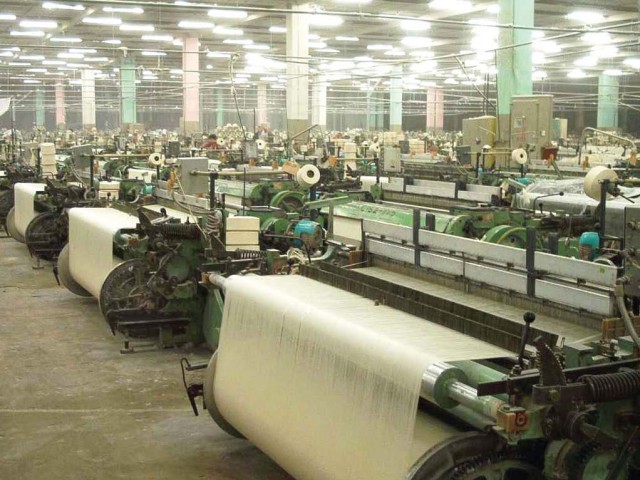ISLAMABAD: Ministry of Textile Industry has been condemned by cabinet members for protecting interests of influential industries and disregarding cotton farmers.
The cabinet members put forth the proposal to handover administrative control of cotton commissioner and Pakistan Central Cotton Committee to Ministry of National Food Security and Research from textile ministry.
The farmers feel their interests have been sidelined and is at the pity of textile ministry which is protecting interests of textile millers and decreased duties on cotton imports.
Experts believe in last few years cotton production has declined largely due to dearth of incentives available to farmers because of low prices of the commodity.
During a cabinet meeting held in mid-January, the Food Ministry standpoint got support from cabinet members which believed cotton production and linked areas should fall within its jurisdiction.
Cabinet member added the Food ministry was already involved in areas of research and pesticides. They highlighted conflict of interest between industrialists and farmers and said textile ministry was raking in profits at expense of farmers who were receiving nothing.
It noted PCCC has not been able to take measure to enhance cotton production. Ministry of National Food Security going back to a meeting held on September 5th, 2017 said Prime Minister gave go-ahead to transfer of issues linked to cotton crop and PCCC to food ministry.
Furthermore, the food ministry observed research matters and extension services for various crops including cotton came within its jurisdiction. Hence, functions given to PCCC were in the food ministry’s purview.
Food ministry talking regarding integrated planning of national cropping patterns and carrying out unified research and development work mentioned cash crop control should also be handed over to it.
A proposal in this regard was forwarded to Prime Minister for go-ahead and instructed the matter to be put forth before the cabinet for further deliberation.
In response to the arguments put forth, textile ministry secretary stated cotton was inseparable from its ministry since 90 percent of cotton was utilized by textile industry.
To counter the arguments, the textile ministry secretary said cotton could not be separated from his ministry as 90% of the produce was consumed by the textile industry.
To resolve the differences, a committee has been setup to investigate this issue.




